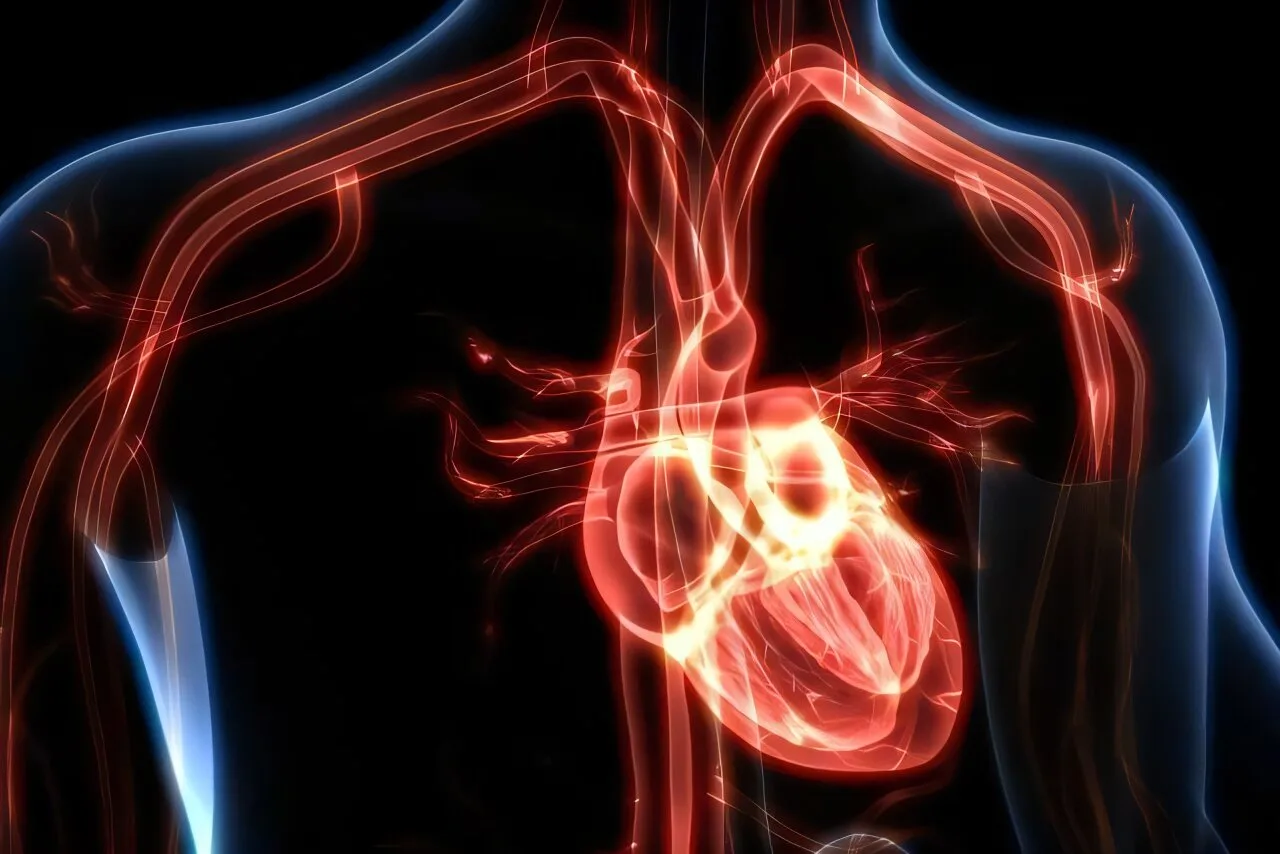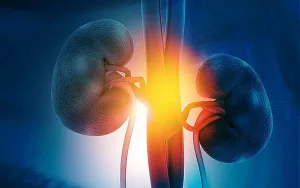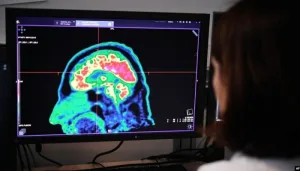Heart Health and Cancer Risk: A Surprising Connection
For years, cancer and heart disease have been regarded as distinct health challenges. However, groundbreaking research from UCLA Health suggests a much closer relationship than previously understood. The study reveals that specific cardiac blood markers can be powerful predictors of future cancer risk, even in individuals without any prior history or noticeable symptoms of heart problems.
The Unexpected Link Between Cardiac Markers and Cancer
The study highlights the importance of understanding how the body’s systems interact. Identifying these cardiac markers could provide a crucial early warning system for cancer, allowing for earlier detection and potentially more effective treatment.
Key Findings of the UCLA Health Study
- Certain cardiac blood markers are strongly associated with an increased risk of developing cancer.
- This connection exists even in individuals with no pre-existing heart conditions.
- The findings could lead to new strategies for cancer prevention and early detection.
Implications for Future Health Strategies
This research opens exciting new avenues for proactive healthcare. By monitoring cardiac blood markers, doctors may be able to identify individuals at higher risk of cancer and implement preventative measures or initiate screening earlier.
Potential Benefits of Early Detection
- Improved cancer survival rates through earlier intervention.
- Personalized prevention strategies based on individual risk profiles.
- More effective treatment options due to early diagnosis.
Final Words
The emerging link between heart health and cancer risk emphasizes the importance of a holistic approach to healthcare. Paying attention to cardiac markers could be a game-changer in the fight against cancer, offering hope for earlier detection and improved outcomes. Further research is needed to fully understand the intricacies of this connection and translate these findings into practical clinical applications.




+ There are no comments
Add yours